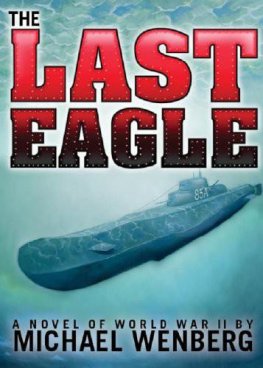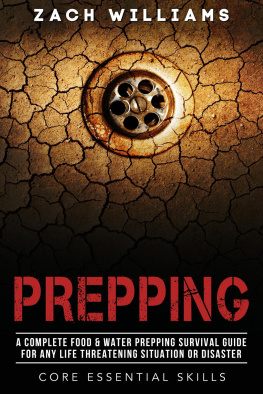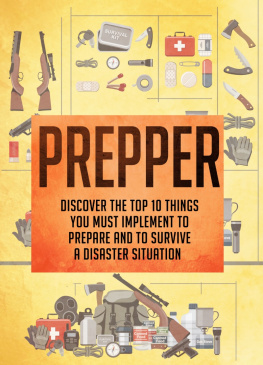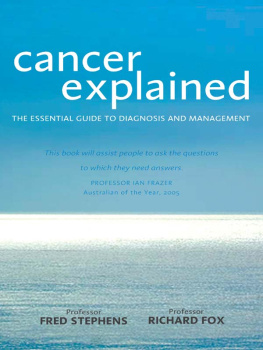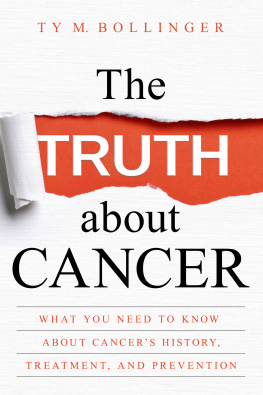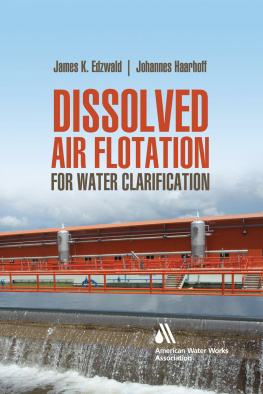ISBN 978-1-59433-133-6
eBook 978-1-59433-140-4
Library of Congress Catalog Card Number: 2010902146
Copyright 2010 Mervyn Eggleston
First Edition
All rights reserved, including the right of
reproduction in any form, or by any mechanical
or electronic means including photocopying or
recording, or by any information storage or
retrieval system, in whole or in part in any
form, and in any case not without the
written permission of the author and publisher.
Manufactured in the United States of America.
Chapter One
A Long Hot Summer
It was hot in Arkansas during the summer of 1993 for a fifty-five-year-old man working long, hard hours with a bunch of kids in their twenties, on crews that were framing houses. The heat probably seemed worse to me than to the locals, too. Years of living in Alaska had made me into a person who doesn't do well when it gets much above seventy. There was a reason for my being here or even in the South-48 at all. (That's what Alaskans call the unfortunate part of America that isn't in Alaska.) As far as Arkansas was concerned, it was purely about economics. There would turn out to be more to that side of things than I might have expected.
One fellow I worked with, Charlie, was amazing to me. He worked on high roofs, moved huge stacks of lumber by hand and endured long and very hard hours. Probably more, he fought the financial climate of a very low-end business. We were near the bottom of the food chain, often ending up with less than what a minimum-wage job might have paid. Work had to be bid for and that was very competitive. Help was usually made up of guys who were more or less unemployable elsewhere or who were just doing this while they looked for better work.
In Northwestern Arkansas the Wal-Mart boom had made some people rich. One old farmer knew his hay fields would be turning into subdivisions but was too old to do much with it himself. His grandson fell into a deal he couldn't refuse. The kid became a developer, hiring houses built on his grandparents property. He had a huge home on the lake and drove a fancy car. One day he told me, These framers are too greedy, I can bring in Mexicans. Such was the way of the real world I was seeing.
Clyde worked for Charlie. At one time he had been better employed. His former job had been on an oil field in one of the western states. There had been an accident with an on-the-job injury. I never did find out what happened. I used to think of our manager as a friend, he told me once. Feeling bad because of being hurt on the job, he was told Don't worry about this; it's why we pay for insurance. For all of that, and even his position on the job, Clyde found himself out on his ear and was sour on big companies. He didn't say much about it but did say something once that I remember. I had it all, he said, wife and baby, new house and new car, too. Clyde had had a good position with his company. Being the kind of worker he was, it probably had to be that way. He had thought of all of it as being something special.
This man had a big old Plymouth station wagon, which was where he slept. Some friends lived about thirty miles away. He either bathed at their place or went swimming. Some young police officers used to like to pull through the subdivisions at night and wake him up. Sometimes they did it more than once a night. It was hot out there, too. I used to wonder how he could stand it but there didn't seem to be much choice for him.
His teeth were so bad that it really showed. For him, a trip to the dentist would have been as unrealistic as a personal tour of Buckingham Palace.
One day Clyde said You don't smoke but you cough and gag a lot, why is that? Then, without hesitating, he said Don't tell me, let me guess. They had an air compressor hooked up to the water system where you worked; right?
His comment startled me. The question had to be asked. How did you know?
Bushy hair, jagged teeth and all, a sunburned little guy who looked as if he didn't even have a life looked up at me and grinned. Heck, he said, everybody knows you can't pressure up a water system on an oil rig with an air compressor. You'll make someone sick.
The next day he came in to work and spoke to me. I went down to my friends place last night, he said. When I told them about what had happened to you they couldn't believe it. Those big Alaskan companies are supposed to be the pros. It turned out that Clyde's friends were from the same oil field he was. Apparently, everyone knew about something that had touched my life in a big way because I wasn't in on the secret. Clyde had hit the nail right on the head.
There is a story here and I believe it really does need to be told, for a lot of people's sakes. It is several years old and continues to age. Over time, it has been written about once in a while. Nothing has ever come of it. An unknown person with no money and a lot of opposition from well-placed people can't go very far. As this has been written and then rewritten, over and over, entries lose continuity. A comment from one year might show up sandwiched into when another was being written or rewritten. Still, this is important and I keep trying to get the story out.
Here, as this is being re-written again, I make a decision. That is to use real names where I believe a person, acting in the course of their particular capacity, had a part (perhaps even just a very small one) in what took place; it is more about the capacity, than the person. To me, the matter is incredibly significant but a particular person's contribution to it might not be overwhelming; probably-to-certainly not conscious. I believe that most people are of good intention. No reflection on anyone's character is intended. I am not accusing anyone of anything more serious, here, than human nature.
Chapter Two
A Strange Situation
In January 1976 I went to work for B.P. Alaska. That is to say British Petroleum, doing business in Alaska. The job was on the oil field at Prudhoe Bay, on what is called the North Slope. It is usually just called The Slope. That's where the land slopes gradually northward, toward the Beaufort Sea. The job paid very well and there was a feeling of being a part of something special. I had been a power plant operator for around fifteen years at the time, working at doing that in a lot of places. For five years or so I had been away from the power business, having a go at building houses. It felt really good to be where I was and back to doing what I had done for years.
The place reminded me of when I had been in Greenland but conditions were great and home was only a few hours away. Work was a week of twelve-hour shifts followed by a week off duty, at home. That meant a lot of flying and I loved all of it.
Although my memory of timing is vague, something new came along during the first year or so. This was pain. It was inside me and it was terrible. When it happened I could only hold on and hurt. Then it would go away, to return whenever it wanted to. That could be anytime and there didn't seem to be a pattern to it. Nothing had ever gone wrong with me before except when I'd had my appendix out nearly twenty years before. I tried to ignore this and think, now, that I was afraid of it and was in denial. Over time, both the frequency and intensity of the pain diminished but it still hurt badly when it came on. I believe that some things happened to me back then. A condition developed that is hard to explain. Over the next few years it worsened.


